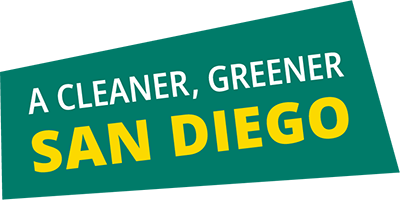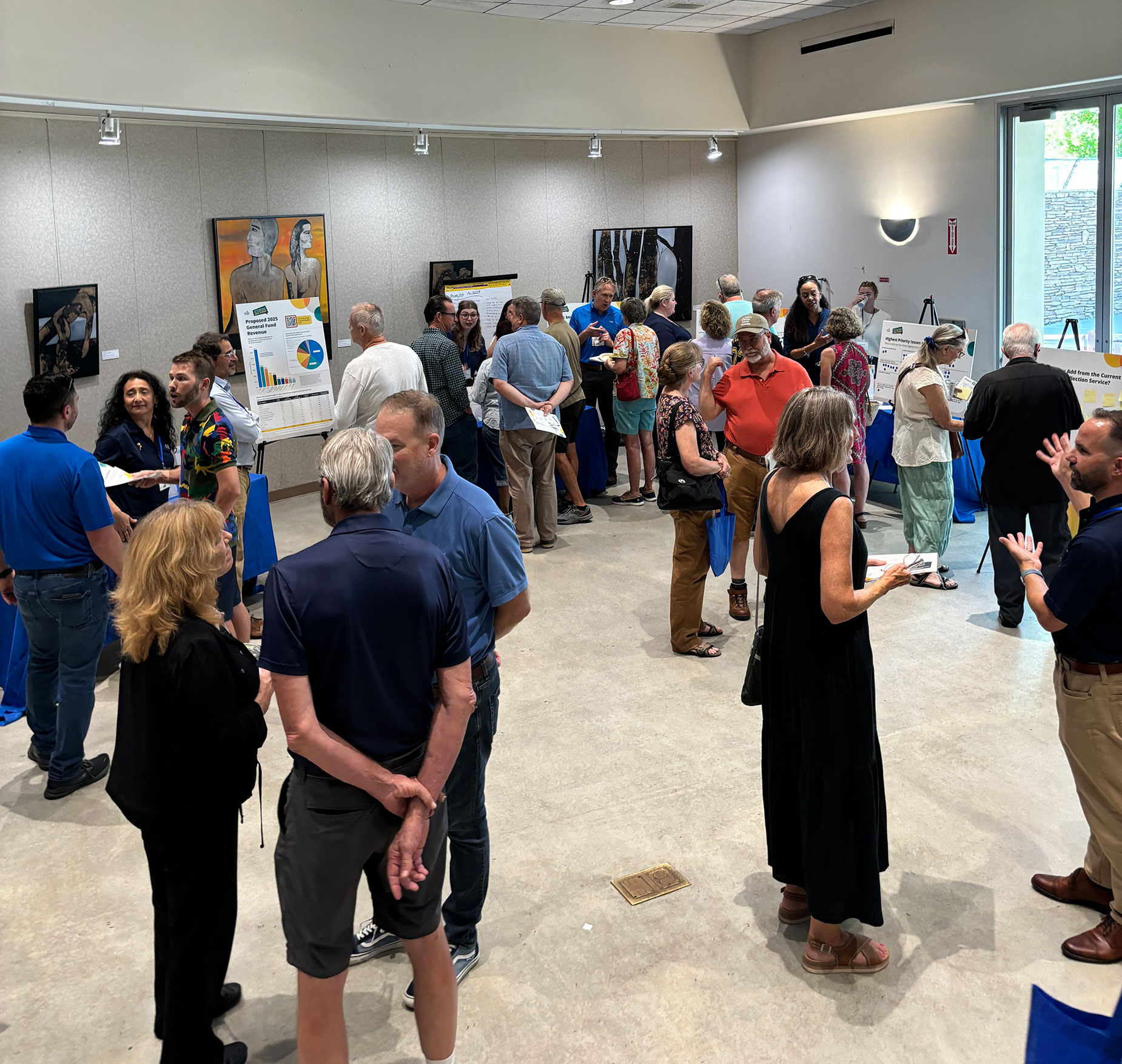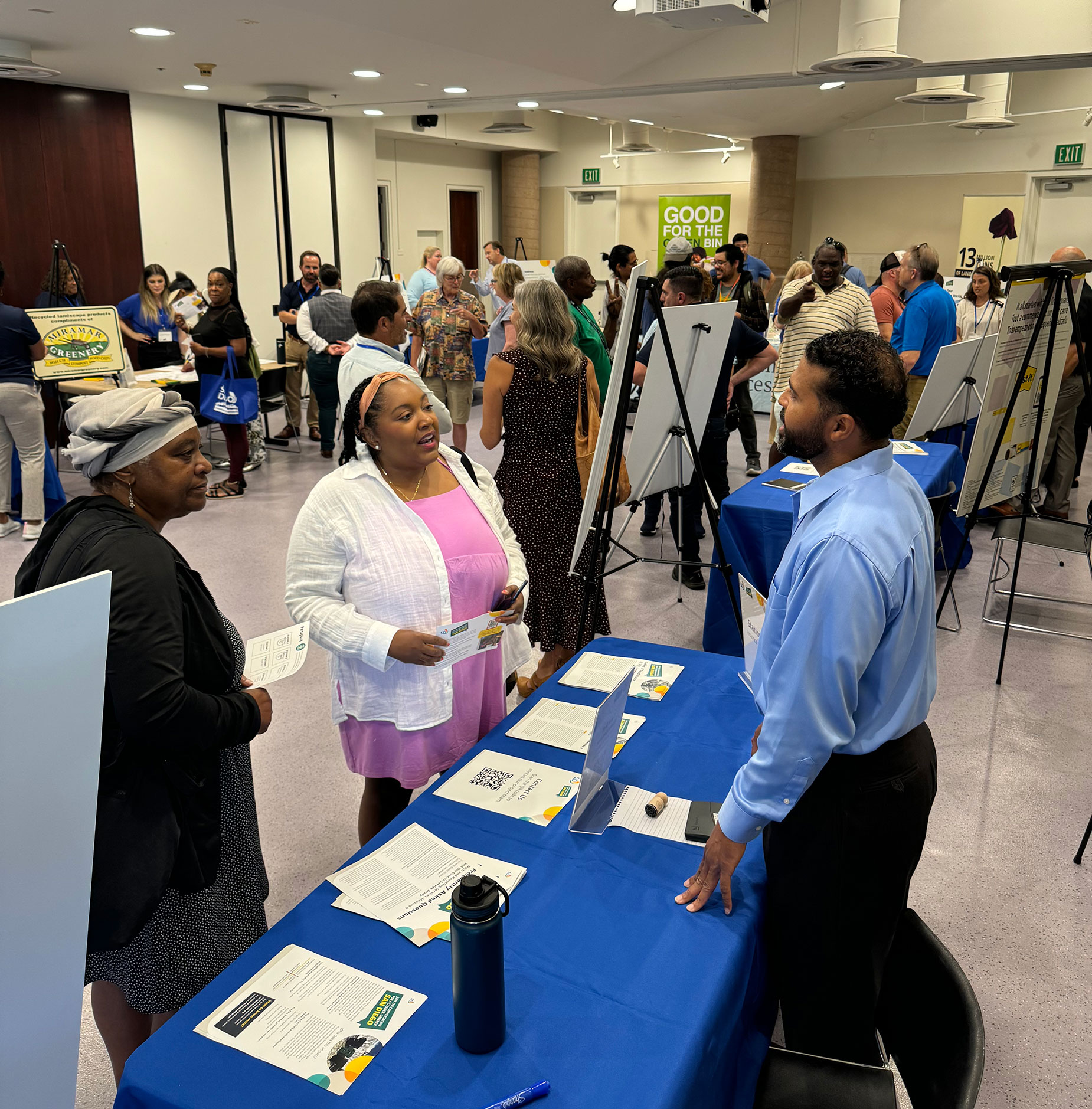Measure B & The Cost-of-Service Study
Measure B and Its Significance for Trash Services
Measure B Outreach and Engagement Information
- Cost-of-Service Study Outreach and Engagement Report
- Cost-of-Service Study Frequently Asked Questions (FAQ) in English
- Cost-of-Service Study History of Trash Services in English
- Cost-of-Service Study General Fact Sheet in English/Spanish
- Cost-of-Service Study Frequently Asked Questions (FAQ) in Spanish
- Cost-of-Service Study History of Trash Services in Spanish
- Cost-of-Service Study Open House Schedule Flyer
- Virtual Open House Presentation (April 4, 2025)
- Station Information
- Frequently Asked Questions (FAQ) Factsheet (English)
- History Factsheet (English)
- General Factsheet (English/Spanish)
- Frequently Asked Questions (FAQ) Factsheet (Spanish)
- History Factsheet (Spanish)
- General Factsheet (Korean)
- General Factsheet (Chinese)
- General Factsheet (Tagalog)
- General Factsheet (Vietnamese)
The History Behind the New Trash Service
Measure B, passed by voters in 2022, amended the People's Ordinance of 1919. The People’s Ordinance was an initiative that governed San Diego’s waste management for more than 100 years. The approved 1919 Ordinance required the City to manage trash collection and disposal. The plan at that time was to pay for the new services by subsequently establishing a new fee and by selling solid waste to pig farms as food as an additional revenue source. However, when the People’s Ordinance was adopted, the City Council did not adopt a new fee. Additionally, revenue from pig farms never covered the costs and became an increasingly insignificant source of revenue as the City urbanized. To pay for the service, the City has instead relied on its General Fund, which covers most of the cost of collecting residential waste, in addition to paying for most of the City’s core services, including police and fire services, parks and recreation, and libraries. City leaders recognized the financial impact its trash collection services had on the General Fund. However, in 1986, voters amended the People’s Ordinance to keep the City from charging fees for City trash collection. This resulted in some residents having to pay for the services from a private hauler while other residents received the services from the City at no charge. That is, under the current framework, although all property owners in the City pay the taxes that fund solid waste services for some properties in the City, the owners and residents of single-family homes and condominiums located on private streets or multi-family homes with more than four residences must additionally pay for a private company to collect their trash and recycling.
Measure B amended the Municipal Code by removing the prohibition that previously prevented the City from charging a fee for residential waste and recycling collection services. It also clarified which properties are eligible to receive City-provided services.
In response to the voter passed amendments, the City engaged in a public process to evaluate solid waste management services provided by the City to its residential customers, potential areas for service enhancements, and costs of services. The engagement process included:
- 27 in-person, public, Open House meetings (three in each Council District) and 3 virtual Open House meetings
- 41 community events, and
- More than 64 community presentations
Through these events, the Solid Waste Cost of Service Study team heard directly from more than 10,000 residents through activities, presentations, events and online surveys. In addition, the City’s outreach efforts are estimated to have reached over 2.3 million people through social media, traditional media, project website visits, and newsletters.
The City also conducted an operational efficiency analysis, including a review of ESD’s Collection Services Division and an assessment of its organizational operations, structure, staffing, safety, training, culture, technology, facilities, equipment, and fleet. These efforts also included a review of the support services provided by the Fleet Operations Division of the Department of General Services (DGS) and coordination and collaboration between ESD and DGS.
Both the public engagement process and the operational efficiency analysis assisted the City in determining the desired service level, which in turn guided the development of a proposed fee schedule that allows the City to recover the costs of providing solid waste management services to its eligible residents. The City completed a cost-of-service study to estimate and document the cost of providing the recommended services, across multiple fiscal years.
On June 9, 2025, the San Diego City Council voted to approve the implementation of a new fee schedule for residential trash collection, as part of the city's efforts to comply with Measure B. This decision establishes a cost-recovery system for waste services for eligible residents. The approved changes also support service enhancements such as improved container maintenance, customer support, and operational efficiency. The new fees and services began rolling out in mid-2025.
Our Engagement Process
Watch these videos to learn about our engagement process that led to the passing of the Solid Waste Management Fee.









